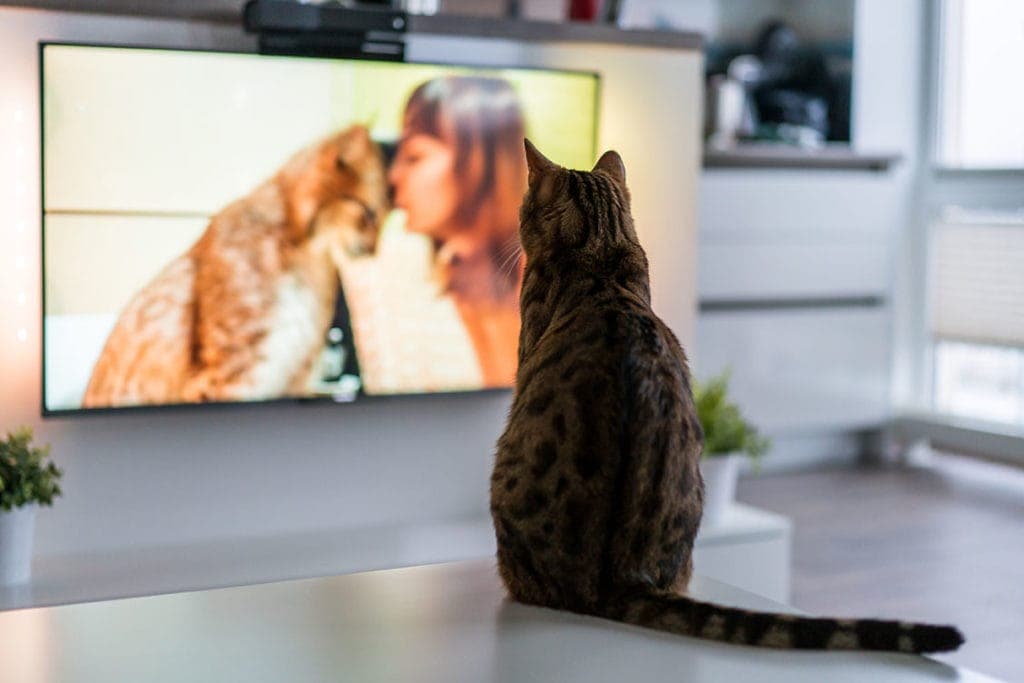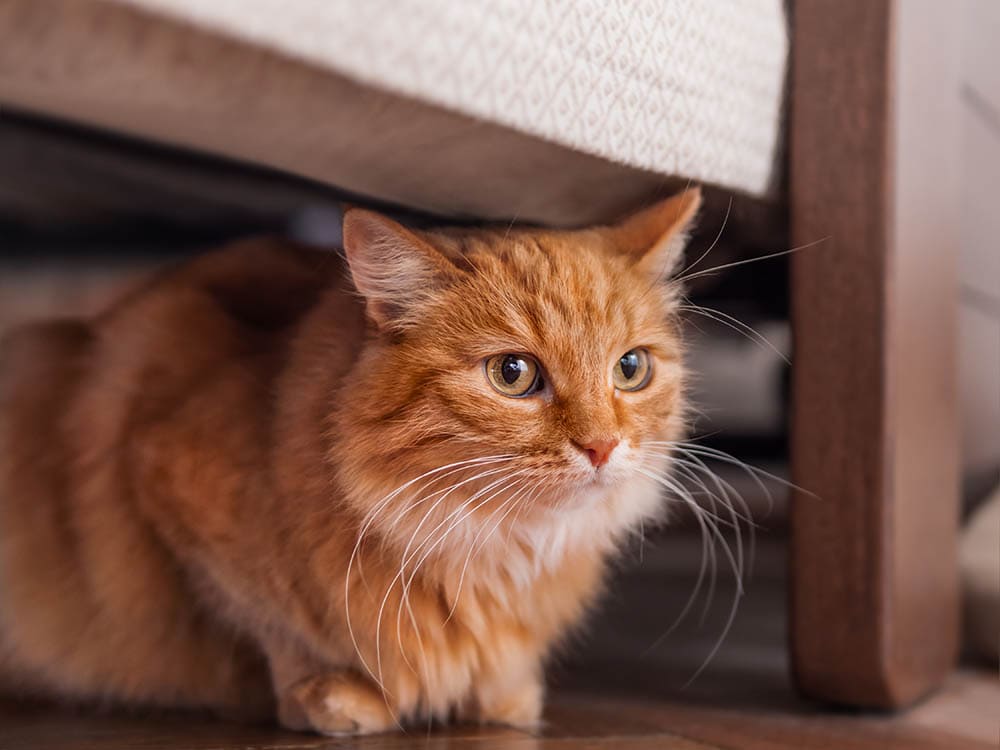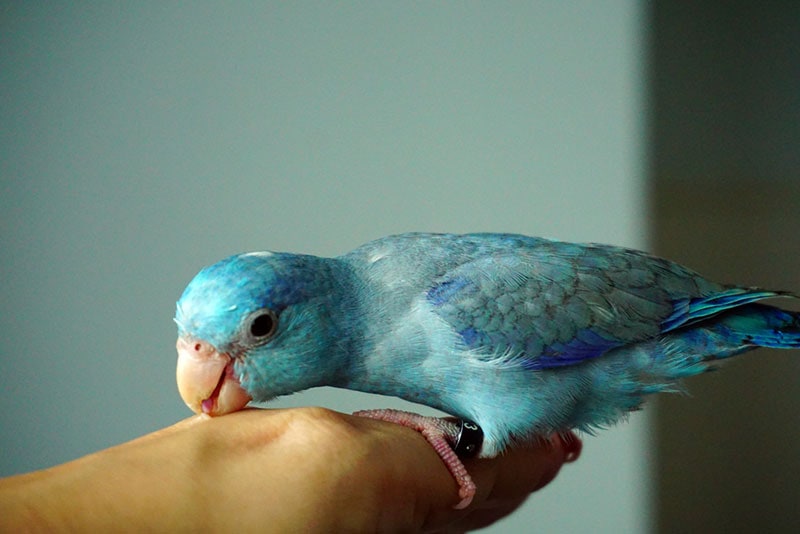VET APPROVED

The information is current and up-to-date in accordance with the latest veterinarian research.
Learn more »Most owners have experienced their cat reacting to the images and sounds emanating from the TV set. The flicker of a tail or a chirrup from the throat is a dead giveaway that cats can see the shapes on the TV, while particularly inquisitive cats may even attempt to give chase to fast-moving objects that appear on the box.
While some cats rarely even acknowledge the existence of a TV in the room, others are seemingly drawn to it almost as much as people are. They are attentive when cats, large and small, are on screen, and they are especially intrigued when they see and hear birds, fish, and other natural prey. Clearly, they can see the images that do appear on the TV.

The 8 Reasons Why Cats Might Watch TV
1. Mistaken Identity
While cats can make out some of the images they see on TV screens, this doesn’t mean that they can differentiate between fact and fiction like humans can. When they see an image on a TV screen, they may believe it to be a real object, and this could explain why they will scratch at and even try to chase animals and objects that do appear on shows.
2. Curiosity
Cats are, by their very nature, curious animals. They are also animals with keen vision. When something moves on the TV screen, it will likely get your cat’s attention. If they can’t see the screen, you can bet that they’ll hear things like cat meows or a bird noise. It is likely that a cat watching the TV is trying to discern what the movements and the noises are.
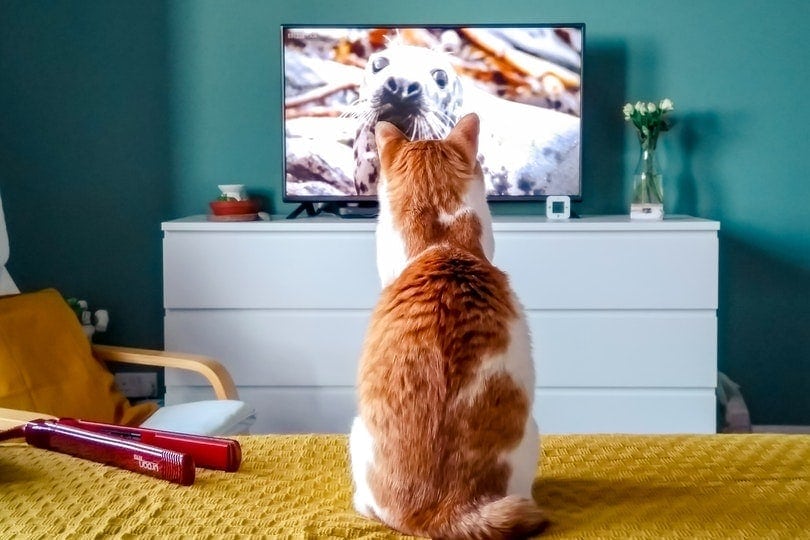
3. Prey Drive
Cats are also predators by nature. When they see small prey animals like mice and birds on the screen, they believe that they are really there, which may be enough to trigger their prey drive. Initially, this may mean your cat watches the moving images to determine if there is any prey to catch. If their interest is piqued enough, they may even try to chase or catch the small animal.
4. Human Presence
The TV is the central point in most rooms. We direct our furniture to face the TV, and family members congregate around the box for hours on end. Your cat may not actually be that interested in what is on the TV but may appreciate the human company that comes from sitting near it.
If yours is the kind of cat that likes attention, sitting somewhere near the TV means that they will know as soon as you have sat down and are in a comfortable enough position to pay them some attention.
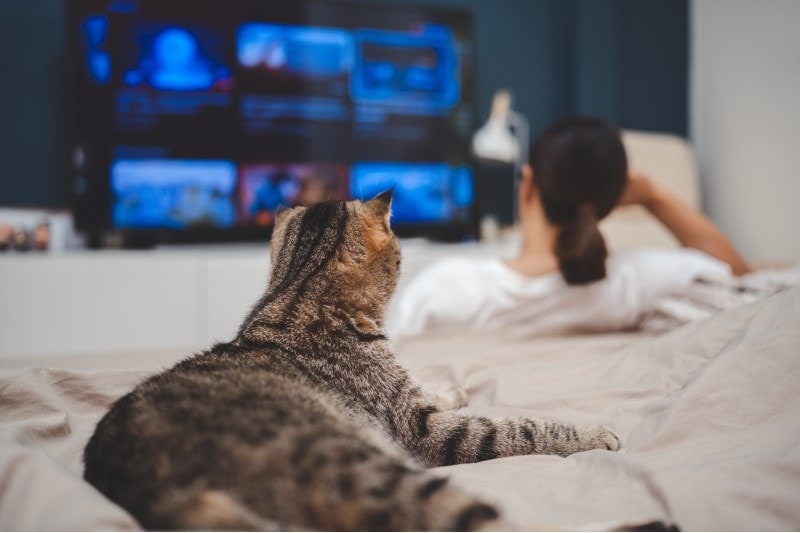
5. Boredom
A cat watching TV may be a sign of boredom or that your cat lacks adequate mental stimulation. Cats might sleep 16 hours a day and spend much of the time out of the way, but they still require some kind of mental activity to keep alert. Provide toys, especially interactive ones, to entertain your cat enough and drag their attention away from the television.
6. Modern TV Frequency
Old TVs ran at a frequency of 50 Hertz (Hz) or below. Because cats process images much quicker than we do, a 50-Hz display would appear like a series of flickering images, similar to a stop motion series of images. Modern TVs, on the other hand, can have a frequency of 100 Hz or higher, and cats likely see the images on these sets as true video footage. The images look more lifelike, though, which means that they are more likely to get the attention of your cat.
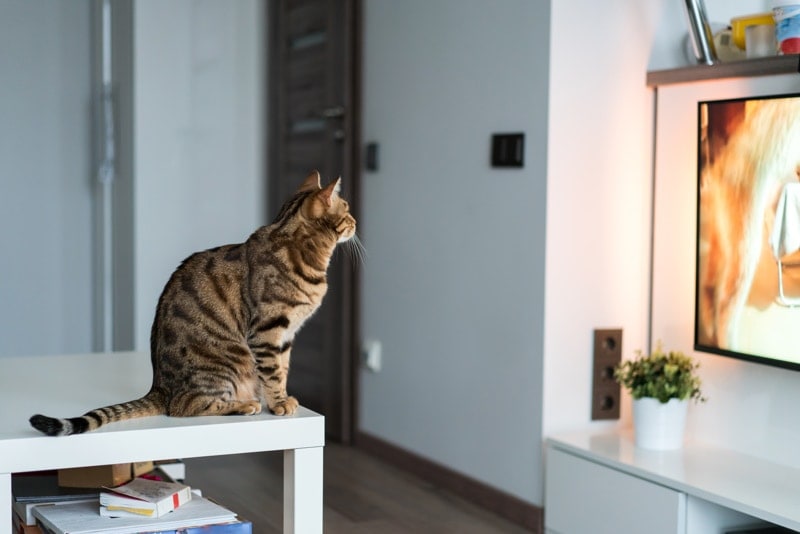
7. Bright Lights
Cats are well adapted to seeing in low light conditions. It helps them hunt and it is why they can get around the house at night without bumping into walls or falling down the stairs. It also means that bright lights, such as those on the TV, can appear exceptionally bright. A TV with the brightness setting turned up could actually be quite uncomfortable for cats with uveitis, cataracts, or other eye sensitivities, so consider turning the brightness down, especially at night when the brightness contrasts even more against the dark surroundings.
8. Anxiety Relief
Some cats like TV, some cats ignore TV, and some cats actively avoid TV. Others appreciate the background noise, and this can be especially true for cats that suffer from anxiety. The TV noise could make them feel like they’re not alone.

 Conclusion
Conclusion
Cats are all individuals, so while some really do seem to enjoy watching TV, others may choose to actively avoid the box altogether. There are many reasons why a cat might watch TV or pay particular attention to it at certain times, and while most are harmless, you should look for alternative methods of reducing anxiety and ensure that your cat has adequate mental stimulation.
Related Read:
- Do Dogs Like to Watch TV? What You Need to Know!
- Is Watching Cat Videos Good for You? What Science Says
Featured Image Credit: Ingus Kruklitis, Shutterstock
